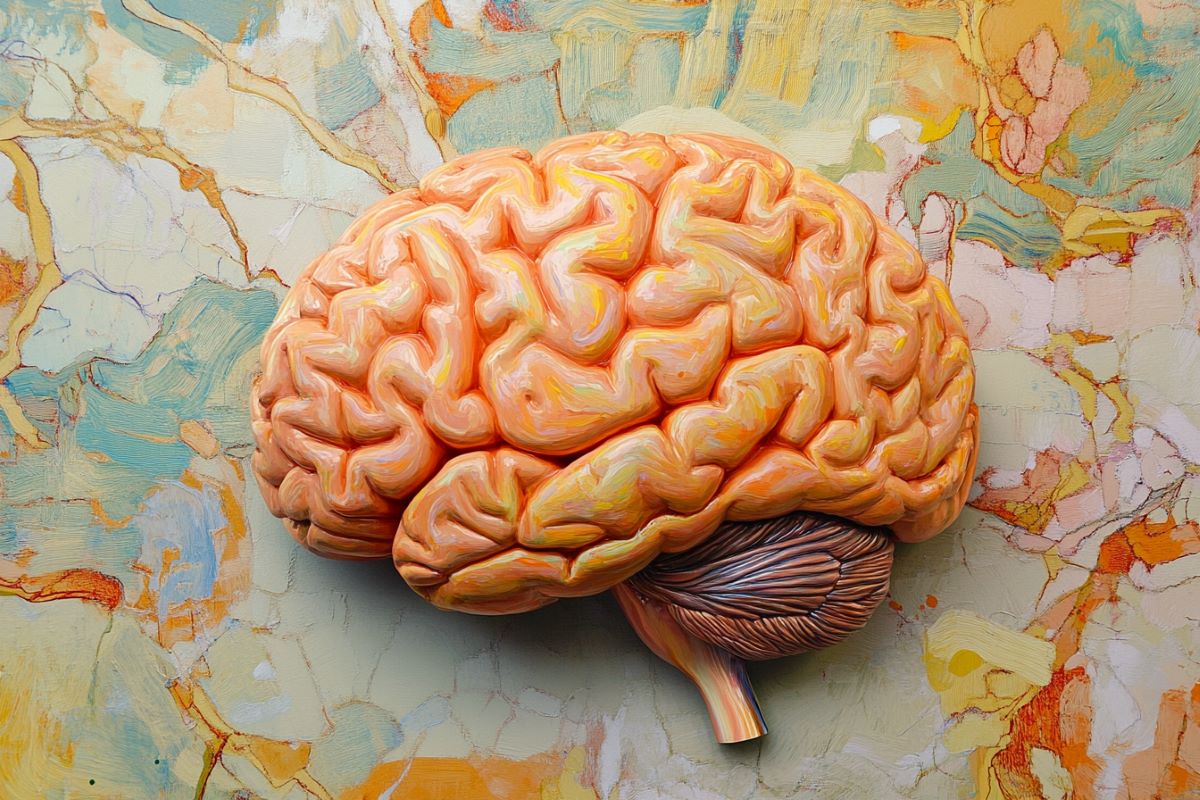Lithium's Breakthrough: Hope for Autism Treatment
The Promise of Lithium in Autism Treatment
Recent studies suggest that lithium might hold the key to alleviating symptoms associated with autism spectrum disorder (ASD). Already a cornerstone in managing bipolar disorder, lithium's role in neuroplasticity and neurotransmitter modulation makes it a unique candidate for autism treatment.
Understanding Autism and Neural Connectivity
Autism spectrum disorder (ASD) is characterized by challenges with social skills, repetitive behaviors, and communication difficulties. The core issue often lies in the way neural circuits communicate, impacting brain function.
"The world needs all types of minds." – Temple Grandin
By enhancing synaptic connections and neuroplasticity, lithium could potentially restore effective brain communication, thereby reducing the characteristic traits of autism.
What the Research Reveals
A groundbreaking study highlighted that chronic lithium treatment improved synaptic plasticity and excitatory neurotransmission, showing promise in mitigating the effects of ASD.
- Improved social interaction and communication in rodent models.
- Reduction in repetitive behaviors.
- Restored synaptic function and brain plasticity.
For more insights, you can explore related findings in autism research journals.
Potential Lithium Therapy: Caution and Hope
While lithium's potential is exciting, its use comes with caveats. Its side effects can be significant, ranging from mild physical discomfort to more severe health risks. Therefore, the idea of lithium-based treatment for autism depends on careful clinical evaluation and monitoring.
Parents and practitioners are encouraged to weigh the pros and cons critically by consulting resources like Autism Speaks.
Alternatives and Adjuncts to Consider
In addition to pharmaceutical interventions, various lifestyle and dietary adjustments can support brain function:
- A balanced diet rich in omega-3 fatty acids.
- Regular physical activity promoting neuroplasticity.
- Cognitive behavioral therapies and social skill training.
Learn more about holistic approaches from helpful guides available on Amazon.

Image Source: Neuroscience News
Future Horizon in Autism Treatment
The possibilities of lithium for autism spectrum disorder open new avenues in medical research, highlighting the importance of cross-disciplinary studies. Continued efforts to address autism's unique challenges are essential, paving the way for innovative therapies and enhanced quality of life for those affected.
Stay informed through trusted sources like Scientific American to track the latest developments in neuroscience and autism research.
